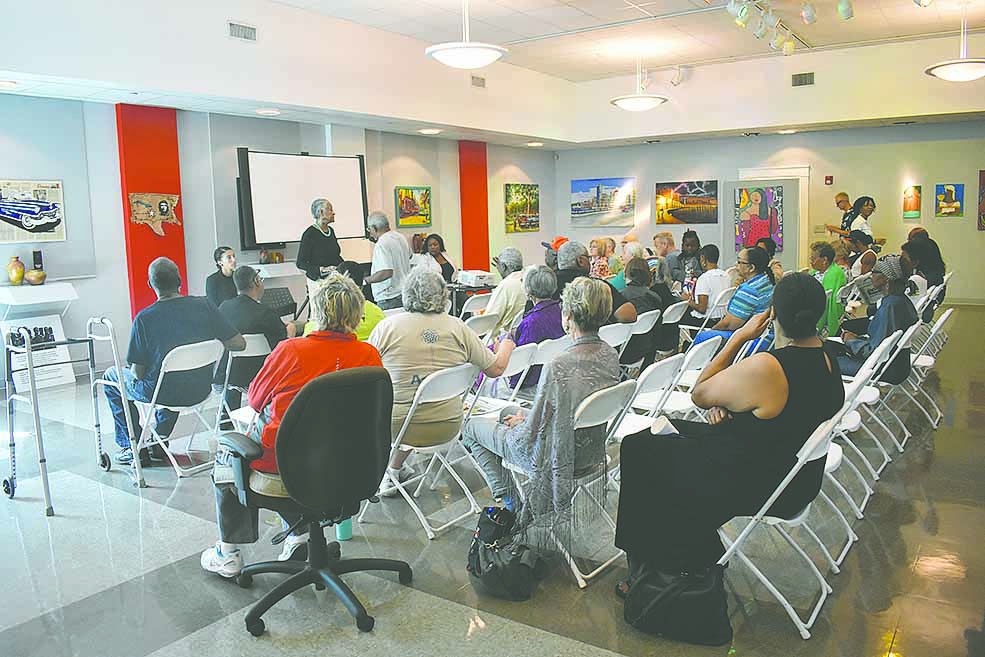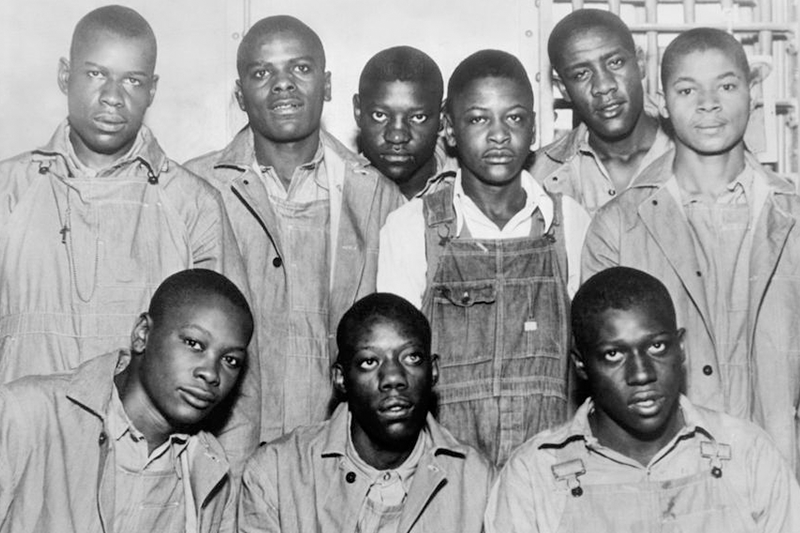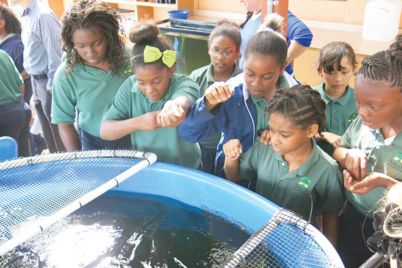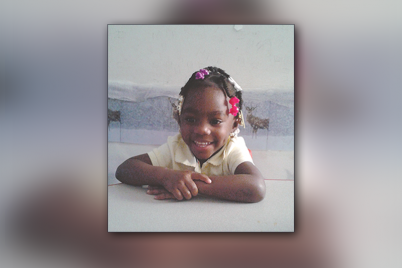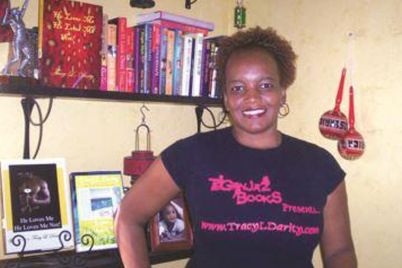BY EILLIN DELAPAZ, Neighborhood News Bureau
ST. PETERSBURG — “Racism and the Scottsboro Boys story never died, it is present today,” Dr. Basha P. Jordan, Jr. said at the Scottsboro Boys documentary and seminar event held at the Dr. Carter G. Woodson African American History Museum Saturday, Oct. 21.
The Midtown event was free of charge and the museum opened its door to the public at 10 a.m. Guests enjoyed a free continental breakfast as they arrived, toured the museum as they got themselves situated. Three Florida attorneys: Hannah Ibanez, Michele Rayner and Tamara Felton-Howard were the panel members who provided deeper context to the Scottsboro story and answered legal questions during the seminar.
The panelists shared stories where they have witnessed the inequity firsthand with clients of their own—blacks with no criminal history who cooperate with law enforcement but are still treated with partiality due to preconceived racial notions.
Panelists discussed the fact that nearly eight decades later African Americans are still confronted by racial discrimination in public as well as in the American criminal justice system.
Rayner spoke about people’s reluctance on speaking up against racism due to accusations of race baiting and fear of retaliation. If we “don’t rock the boat” as Reyner put it, how will we see change? “If I don’t do too much and call the thing a thing, we’re never going to move forward and Scottsboro is going to continue happening,” she said.
The seminar opened the discussion for a call to action—attendees to the event asked what they could do to challenge the system and make an impact for social and legal equality.
“Call your jury duty and say that you need a fair and impartial juror, make sure that you make it to the jury panel,” Ibanez said.
